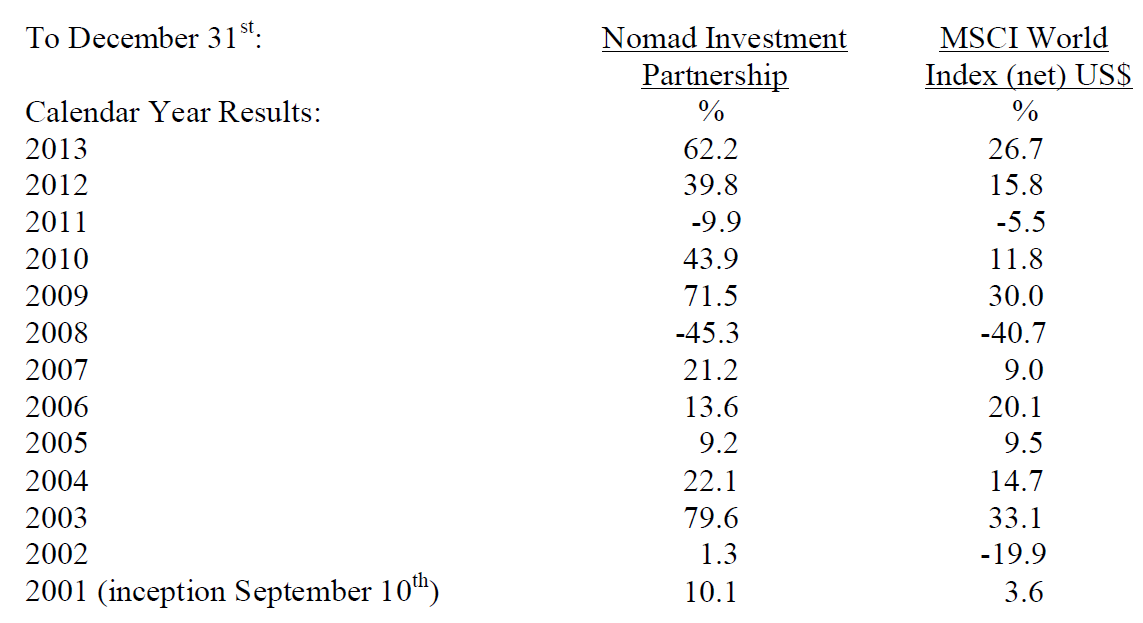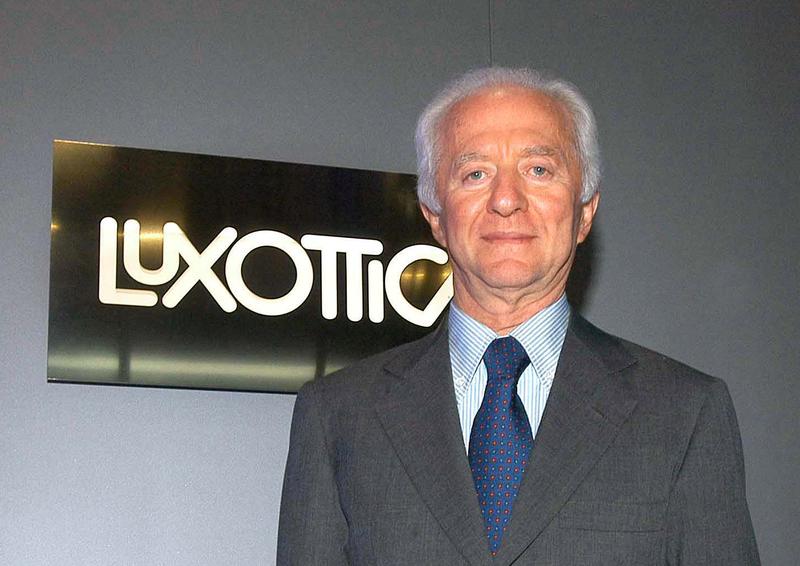
As you gain experience it gets harder to change how you invest. How do you know whether you're adapting to a changing world or just chasing the latest fad?
Rather than looking for a eureka moment, build a mosaic of incremental insights that connect and get you to the next level.
Rather than looking for a eureka moment, build a mosaic of incremental insights that connect and get you to the next level.
I wrote a little case study about @B3_MillerValue, who was criticized for investing in Amazon, and his early integration of value investing and technology/internet companies.
It was a learning journey connecting different disciplines and the deep study of new business models.
It was a learning journey connecting different disciplines and the deep study of new business models.
He grasped that accounting failed to capture value creation for a new crop of companies: “we are interested in the underlying economic reality of the business and not how they report what is going on."
But what may seem obvious today required a departure from dogma and tribe.
But what may seem obvious today required a departure from dogma and tribe.
We should keep that in mind when studying new ideas and business models. It can be an uncomfortable process because it requires discarding some of what passed for wisdom. And it may invite criticism or even ridicule.
And it's unlikely that we will solve the puzzle by ourselves, without connecting with new people and learning new frameworks.
neckar.substack.com/p/bill-miller-…
neckar.substack.com/p/bill-miller-…
• • •
Missing some Tweet in this thread? You can try to
force a refresh








